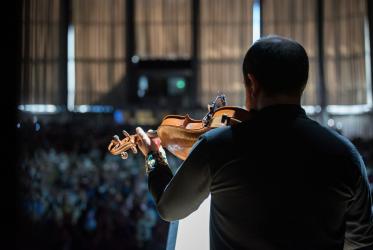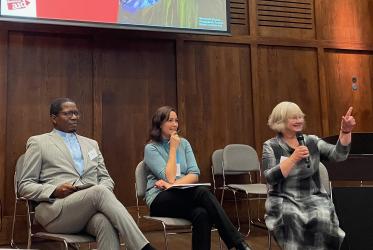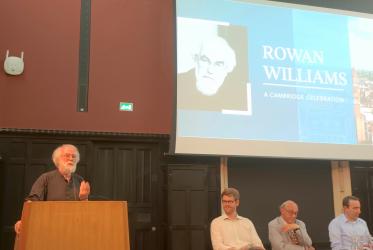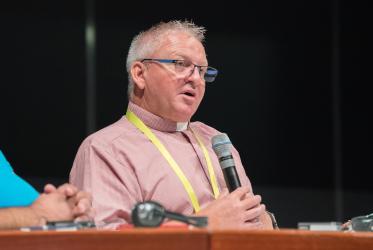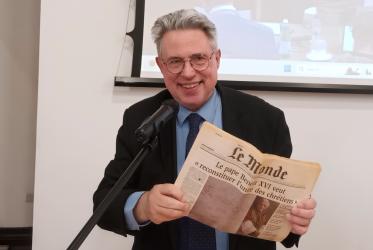United Reformed Church
Congregational and Presbyterian churches were established in Britain in the 16th and 17th centuries, and they maintained their separate identities until recent years. The union between the Congregational Church in England and Wales, and the Presbyterian Church of England took place in 1972. In 1981 the Reformed Association of Churches of Christ was united with the United Reformed Church and in 2000 the Congregational Union of Scotland united with the United Reformed Church. The majority of URC congregations have come out of the liberal, middle-class, professional groupings in society, and their major strength is in the suburban areas around the cities. Older, Victorian centres of non-conformity in the city centres have found it a hard struggle to reform their life; the village witness is usually with small congregations who maintain close involvement with the community. Because of this bias in the membership, the URC has been partially sheltered from the great upheavals in British society.
New social realities, however, are pressing: (a) the multi-cultural mix is beginning to change experience and attitudes; (b) economic recessions in the late 20th century and their associated large-scale unemployment led to a more radical concern for national life; (c) the greater freedom of women and young people to find their own styles of life and work challenges inherited patterns; (d) the international struggle for justice and peace meets a growth of local and national loyalty; (e) while the communications media exert great influence, churches are slow to use them creatively.
As Christians listen to text and context those are among the factors which shape the priorities of the church. Major current concerns include: (a) Christian education among the church community, with various programmes for children and young people, related to the worship of the church; (b) revision of the pro¬gramme of ministerial training by taking full account of third world experience, and linking theory and practice more fully at every stage of training; (c) encouraging and supporting the development of multi-cultural ministry within the church; (d) the international element in church life: membership in the Council of World Mission has meant that discussions of mission overseas and mission at home always go together, so that the church is as eager to receive from others as to give; (e) Christian unity: there has been widespread growth of local unity; about 20 percent of the local churches of the URC are now sharing buildings and ministry with other denominations in local ecumenical partnerships; f) working for justice and peace in the world through the church's Belonging to the World Church and Commitment for Life programmes. All of which is summed up in the United Reformed Church's current mission strategy, Catching the Vision: "Seeking to be Christ's people transformed by the gospel, committed to making a difference to the world."
The growth of non-stipendiary ministry (120 non-stipendiary ministers) and lay leadership is a significant step for the URC since it enables a team approach to ministry. This engages many varied talents. The church is conscious of its poor record in holding the enthusiasm of children and young people and has extended its staff of youth workers. There is freedom and development in liturgical matters, with continued strength in hymnody.

